Life
Sign up for our newsletter
We summarize the week's scientific breakthroughs every Thursday.
-
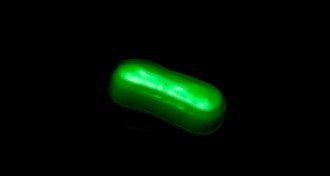 Genetics
Genetics50 years ago, synthetic DNA made its debut
Synthetic DNA has come a long way since it arrived on the scene half a century ago.
-
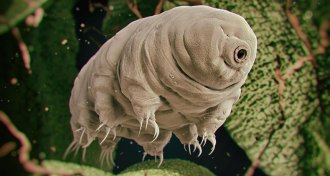 Animals
Animals2017 delivered amazing biology finds from organisms large and small
From giant African elephants to tiny tardigrades, scientists discovered some surprising biology this year.
-
 Health & Medicine
Health & MedicineThe man flu struggle might be real, says one researcher
A researcher reviews the evidence for gender bias among flu viruses in the BMJ’s lighthearted holiday edition.
-
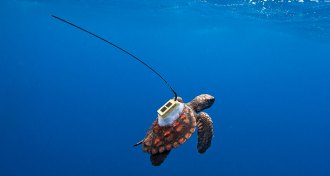 Animals
AnimalsTiny trackers reveal the secret lives of young sea turtles
Young loggerhead turtles can end up in very different places in the Atlantic depending on when they hatch.
-
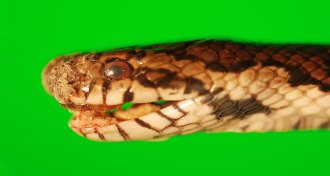 Life
LifeA deadly fungus is infecting snake species seemingly at random
A fungal disease doesn’t appear to discriminate among snake species, suggesting many of the reptiles may be at risk.
-
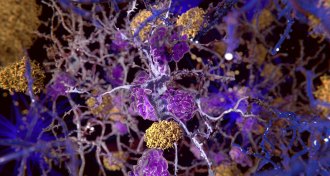 Neuroscience
NeuroscienceSpecks in the brain attract Alzheimer’s plaque-forming protein
Globs of an inflammatory protein can spur the formation of amyloid-beta clumps, a study in mice shows.
-
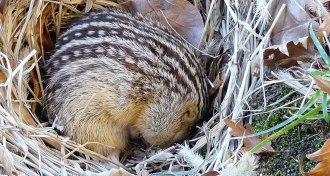 Animals
AnimalsSpecialized protein helps these ground squirrels resist the cold
A less active cold-sensing protein explains, in part, why some hibernating ground squirrels are more tolerant of chilly conditions than the animals’ nonhibernating kin.
-
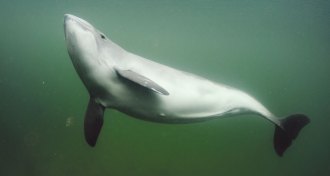 Animals
AnimalsIn marine mammals’ battle of the sexes, vaginal folds can make the difference
Patricia Brennan and colleagues found certain female ocean mammals have vaginal folds that give them an advantage in mating
-
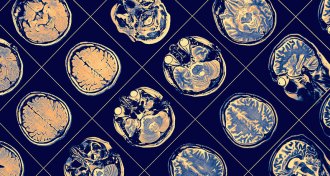 Neuroscience
NeuroscienceEven brain images can be biased
Brain scan studies that are drawn from rich and well-educated groups could lead to biased ideas of how our brains develop.
-
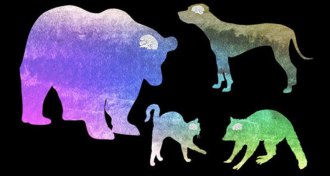 Neuroscience
NeuroscienceIn a tally of nerve cells in the outer wrinkles of the brain, a dog wins
Among some carnivores, golden retrievers rate at the top for numbers of nerve cells, study finds.
-
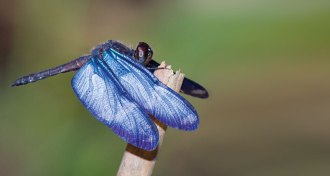 Science & Society
Science & SocietyThese are the most-read Science News stories of 2017
From Cassini and eclipses to ladybugs and dolphins, Science News online readers had a wide variety of favorite stories on our website.
-
 Science & Society
Science & Society2017 delivered humility, and proved our potential
Acting Editor in Chief Elizabeth Quill reflects on some of the top scientific stories of 2017.